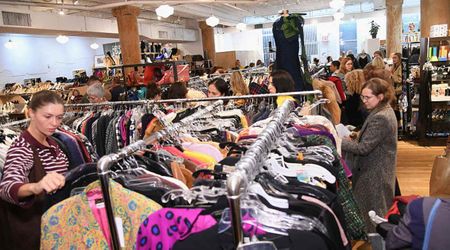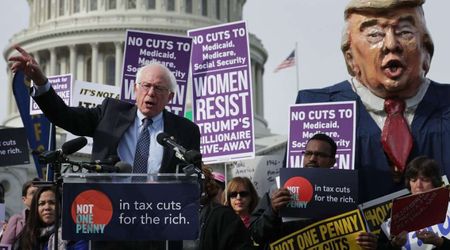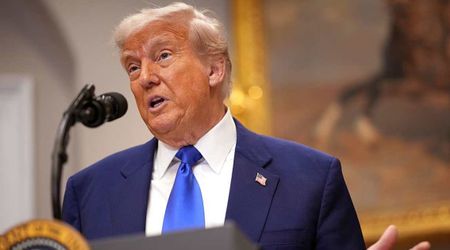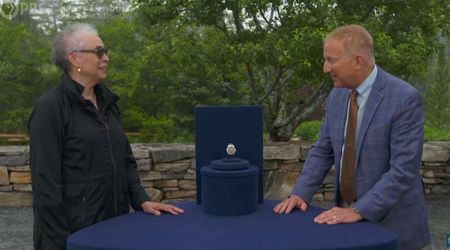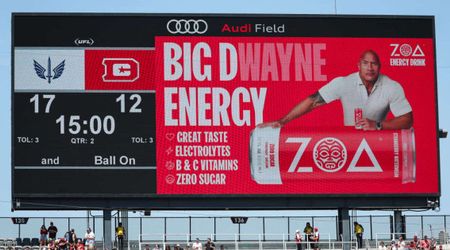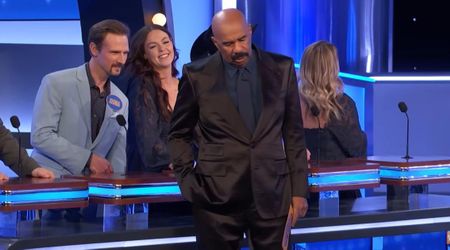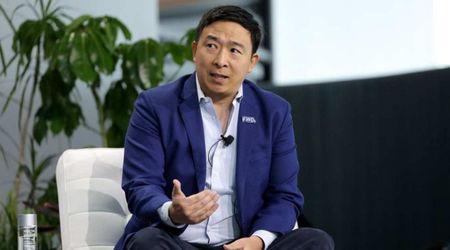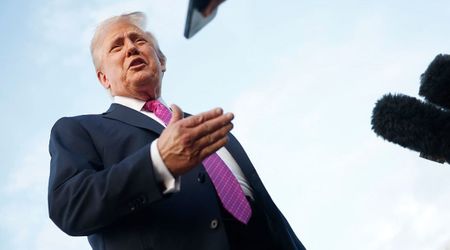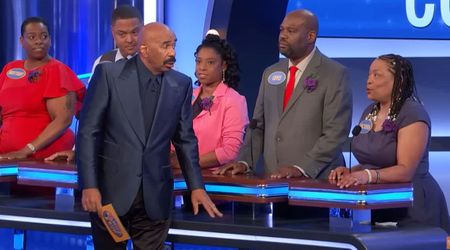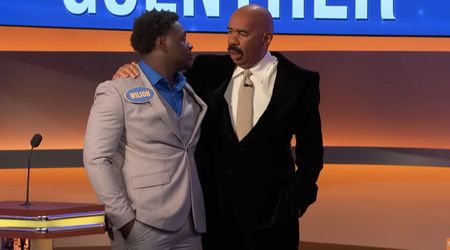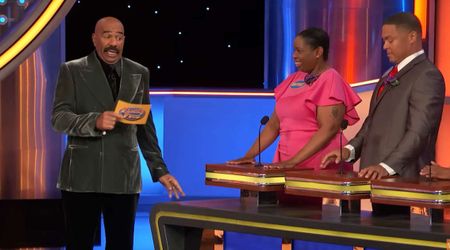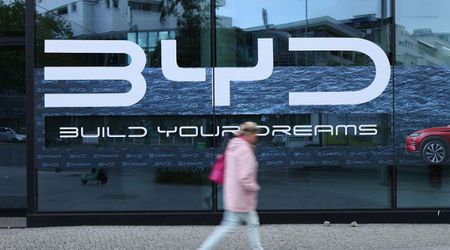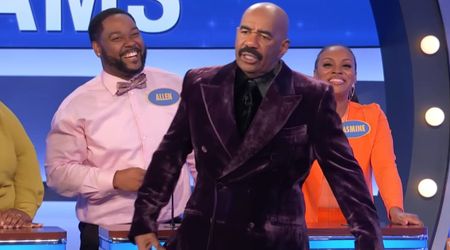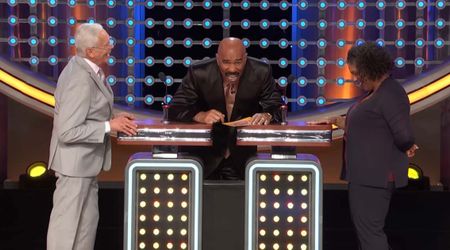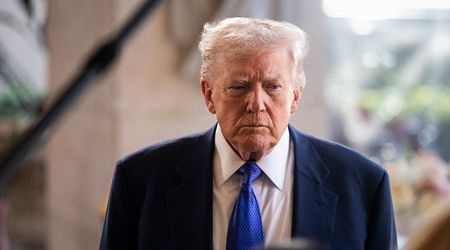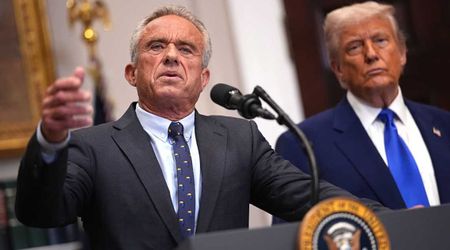Olympic Committee's Beer Sponsorship Ignites Debate Over Alcohol's Role in Sports

In a controversial move, the International Olympic Committee (IOC) recently announced its partnership with beer giant AB InBev. The historic deal, sealed at a London bar, raised both cheers and eyebrows, marking the first-ever collaboration between the Olympics and a beer company. The sponsorship, spanning the next three Olympic Games, including Paris, Milan-Cortina d’Ampezzo, and Los Angeles, is set to redefine the dynamics between sports and alcohol consumption.

IOC President Thomas Bach stated, "This partnership, from our perspective, is a perfect match." Led by the promotion of an alcohol-free beer, Corona Cero, the deal aims to carve a niche in the growing market demand for non-alcoholic drinks. However, not everyone welcomed the news with enthusiasm, with critics questioning the appropriateness of aligning the revered sporting event with a beer company.
Campaign groups, including Alcohol Change UK, voiced concerns about the incongruity of an event like the Olympics associating with a beverage often linked to health risks. Andrew Misell from Alcohol Change UK said, "Alcohol and the Olympics are certainly an odd pairing, given the athletes competing at this top level often do not drink alcohol at all as they prepare to take part in the Games."

Despite reservations, AB InBev's entry into The Olympic Partner (TOP) program, the highest level of Olympic sponsorship, follows the trend of major brands seeking visibility during the globally watched event. With other TOP partners like Coca-Cola, Visa, and Deloitte, AB InBev sees this collaboration as an opportunity to tap into the lucrative sports market.
However, the introduction of beer in the Olympics has sparked discussions within the public health community. Efforts to restrict alcohol marketing, described as poorly regulated by the World Health Organization (WHO), face challenges when such sponsorships are endorsed by esteemed organizations like the IOC.
The IOC and AB InBev assert that they are just responding to the growing demand for non-alcoholic alternatives and nothing else. Marcel Marcondes, Chief Marketing Officer at AB InBev, emphasizes the partnership's goal to promote moderation, citing Corona Cero as a leading solution. Bach further echoed this sentiment, framing the focus on an alcohol-free brand as a commitment to social responsibility and a healthy lifestyle.

The juxtaposition of alcoholic and non-alcoholic versions of a brand, like Corona Cero, raises concerns about how consumers perceive and distinguish between them. Critics argue that such marketing efforts could inadvertently advertise an alcohol brand, impacting public health by increasing familiarity with alcoholic beverages.
France's strict advertising laws, particularly under "La Loi Evin," present additional challenges for the visibility of alcohol-related branding during the upcoming Paris Olympics. Alcohol sponsorships are banned at sporting events, and the content of permitted advertisements is closely regulated.

The IOC, no stranger to controversies over sponsors linked with unhealthy lifestyles, now faces scrutiny for its deal with AB InBev. While sponsors contribute significantly to the IOC's funding, critics like Amandine Garde, a professor of law at the University of Liverpool, argue that the prioritization of short-term profits over public health commitments is regrettable. The debate continues, with questions being raised over the integrity and values of the Olympic Games in today's times.

